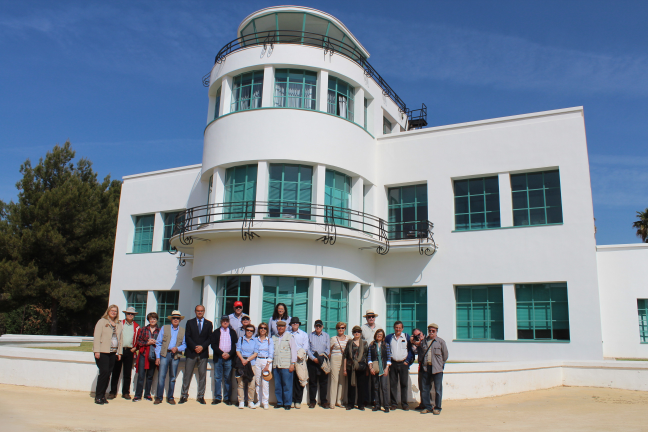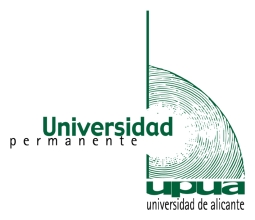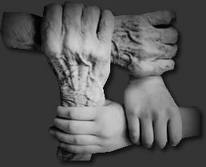John Butcher, founder of Walk 21, 1999, said:
“Walking is the first thing an infant wants to do and the last thing an old person wants to give up. Walking is the exercise that does not need a gym. It is a prescription without medicine, weight control without diet, and a cosmetic that can’t be found in a chemist. It is the tranquilliser without a pill, the therapy without a psychoanalyst, and the holiday that does not cost a penny. What’s more, it does not pollute, consumes few natural resources and is highly efficient. Walking is convenient, it needs no special equipment, is self-regulating and inherently safe.
Walking is as natural as breathing”
Jose Antonio Millan in “Walker in an immense landscape” (Caminante en un paisaje inmenso) wrote:
“A living tide emerged from a point in Africa and spread throughout the world. Its members (the human being) climbed mountain ranges and passed across deserts and jungles, forded rivers or waited until they dried, crossed sea straits taking advantage of the land changes that had brought them closer. But they stepped back facing the ice because it was a warm tide. Afterwards, they also learnt how to survive the cold, and the ice plates became bridges to other continents. Their progress was a relay race, an ebb and flow of currents, because those who fell were overtaken by the following, and finally the tide rose and covered the world.
Walking allows us to reach the ends of the earth”.
Barack Obama’s government’s plan, in its project “United We Serve”, proposes:
Promoting walking groups to improve citizens’ welfare, because they are sure that:
A brisk, half-hour walk five or more days a week can reduce the risk of developing:
- cardiovascular diseases
- diabetes
- obesity
- osteoporosis
- arthritis
A 30-minute daily walking routine also boosts brain power, helps control weight, requires modest investments in time and money, increases productivity, and - because of its benefits promoting alertness and health - a walking regime may result in reduced health care costs.
Studies indicate that walking promotes physical activity. It is a “starting point” to exercise – for example, people who get used to daily walking routines eventually begin to practise yoga, cycling or other activities. The AARP (American Association of Retired Persons) believes that walking programmes are the first step encouraging most people over 50 to keep fit in the United States.
Creating a walking group is a voluntary activity that will have a great impact on the health and welfare of your community.
Alternatively, you can just contribute to this cause asking a friend or neighbour to walk with you regularly. This simple action can make a huge difference.
So do not wait, let’s walk!
*The ‘peripatetics’ were students and followers of Aristotle. The name might derive from Aristotle’s habit of walking (peripatein) while talking, or from the peripatos (covered walkway), which was a garden area in the Lyceum where he taught, located on the outskirts of Athens. The Aristotelians came to develop some points of logic and metaphysics, but they were more interested in studying the nature and popularize the study of ethics. Many of them organised and explained Aristotle’s writings to the people. The most prominent and original peripatetic philosophers were: Theophrastus of Lesbos, friend of Aristotle’s and co-founder of the school that wrote The Characters, composed of 30 ethical sketches; Eudemos of Rhodes, mainly interested in the ethical aspects of Aristotelian philosophy; Strato of Lampsacus, who defended the mechanistic in nature and denied the existence of a transcendent deity; and Andronicus of Rhodes, who edited many of Aristotle’s works. The late peripatetics oriented themselves towards eclecticism and stoicism.







